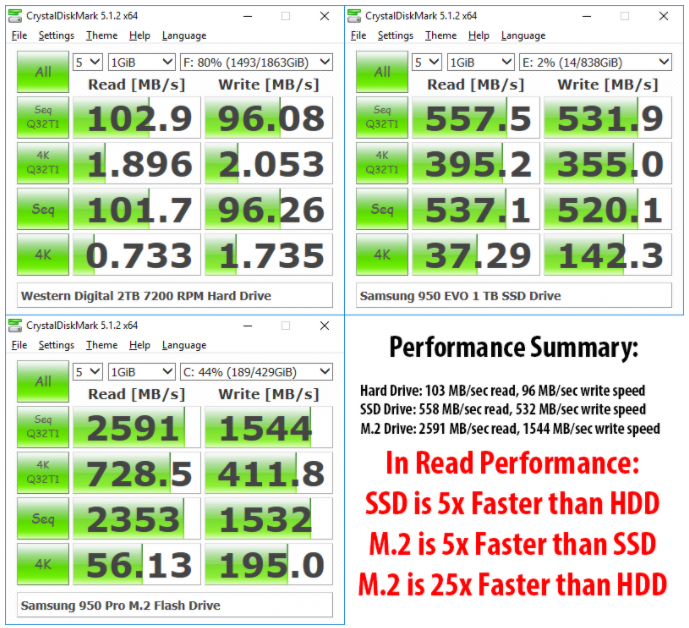Best current Intel Processor multi-tasking
I am planning to build a new PC, and I want to purchase the best Intel processors for multi-tasking. But it gets a little confusing: is higher clock speed better, more cores betters, hyperthreading better, more memory better, etc etc? I run Windows 10 Pro and use dual monitors. I do not do any video editing (play streaming videos), and do not game, I will be doing sound editing. I usually have open 12 incidences of MS Edge, 3 of chrome, 3 or 4 Excel spreadsheets, 4 or 5 Words docs, pdf, email (MS Outlook), music player, a program I use for patients, a label printing program, and maybe one or two other programs, all open at the same time. I have a quite a few things running the background also. Have multiple USB devices attached, external HDs, printers, etc.
Any opinions on the best Intel Processors for my situation? Oh, and I don't want to pay for something as expensive as a Zeon processor. Thanks, appreciate any opinions.
I think what it comes down to is maybe I'm really asking what is multi-tasking when it comes to CPUs. This term seems to be used in different ways?
Joe
Any opinions on the best Intel Processors for my situation? Oh, and I don't want to pay for something as expensive as a Zeon processor. Thanks, appreciate any opinions.
I think what it comes down to is maybe I'm really asking what is multi-tasking when it comes to CPUs. This term seems to be used in different ways?
Joe
ASKER CERTIFIED SOLUTION
membership
This solution is only available to members.
To access this solution, you must be a member of Experts Exchange.
What you described are just basic operations that many CPUs will handle without problems. If you choose Intel i5 or Intel i7 (10th gen.), you will be absolutely fine. I would rather focus on RAM. If you can, go for 16GB of RAM. Also, run the system on SSD.
We have several users working with many MS Office files, browser tabs, graphic programs, etc. running on Intel i5, SSD, and 8GB of RAM and everything is running smoothly. I believe that the setup I suggested would be completely fine for your needs.
We have several users working with many MS Office files, browser tabs, graphic programs, etc. running on Intel i5, SSD, and 8GB of RAM and everything is running smoothly. I believe that the setup I suggested would be completely fine for your needs.
Not just SSD, make sure you get an NVMe based SSD. (M.2 is an interface type - both SATA SSDs and NVMe SSDs can use it. MAKE SURE it's NVMe.
The following image taken from https://photographylife.com/nvme-vs-ssd-vs-hdd-performance

The following image taken from https://photographylife.com/nvme-vs-ssd-vs-hdd-performance

M.2 is actually a form factor and the graphic says M.2 is faster than SSD whereas it should say NVMe is faster than SATA. Also bear in mind that a MLC SATA will be faster than a QLC NVMe for writing except for short bursts.
ASKER
See the feedback to andyalder
For multi-tasking you need a processor with lots of CPU cores and the Ryzen processors have that more than the Intels. Ryzen 7 processors have 8 cores and the Ryzen 9 processors have 12 or 16. More bang for the buck than Intel.
Higher clock speed better -- YES
More cores better -- YES
Hyperthreading better -- YES
More memory better -- YES
If you can wait until Christmas the new Ryzen processors should be available and they are believed to be even better than the previous generation and the Intels.